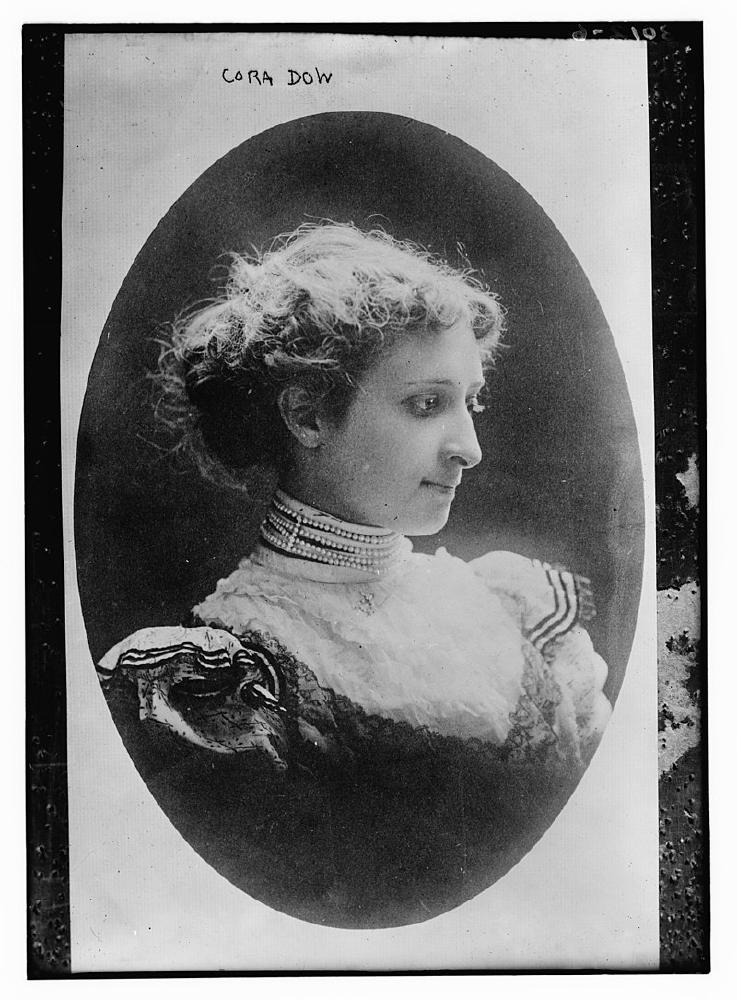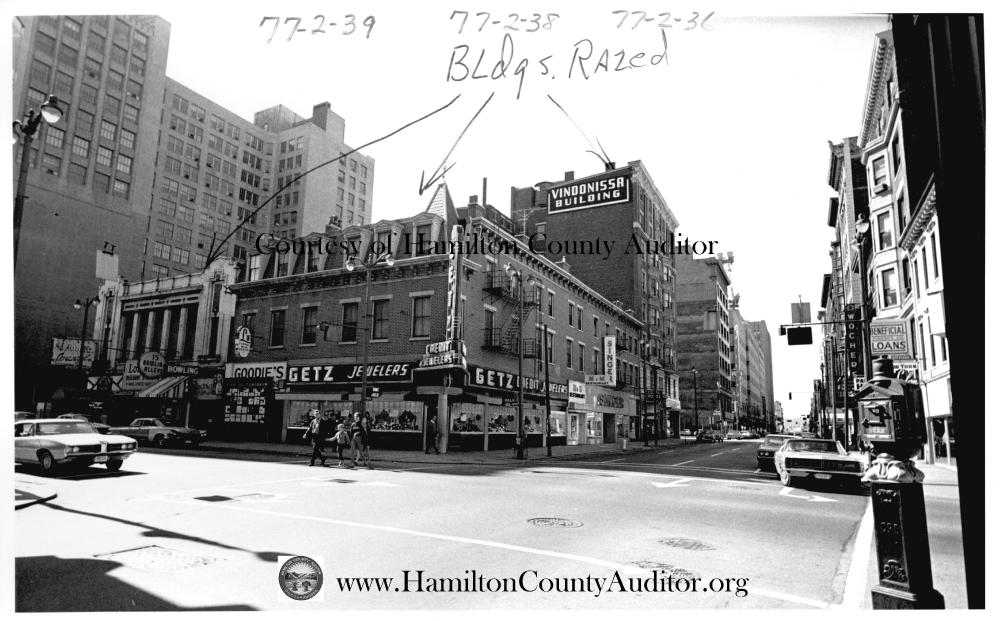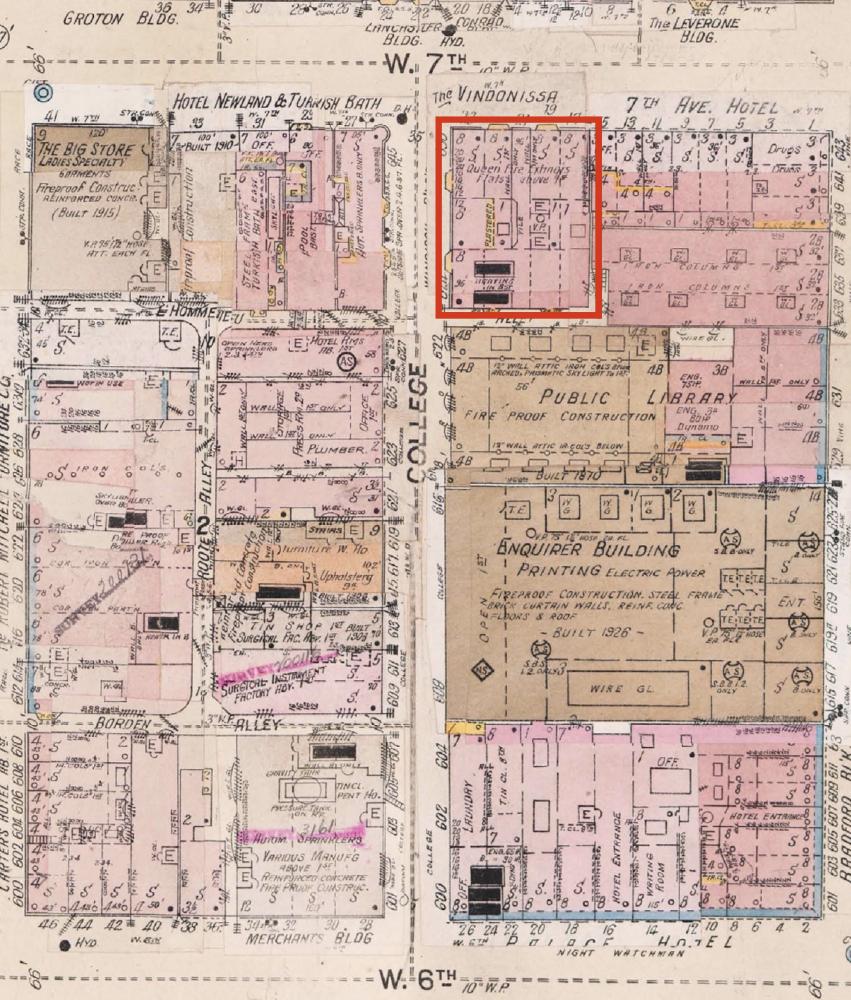Cora Dow: Downtown Druggist

Cora Dow was a pioneering figure in the world of American pharmacies, breaking barriers and shaping the landscape of pharmaceutical practice and business. Dow's remarkable journey as a pharmacist not only marked her as a trailblazer in a male-dominated field but also highlighted her unwavering commitment to building a strong Cincinnati company.
Cora was born in Paterson, New Jersey on March 11, 1868. She moved to Cincinnati with her family when she was two years old. Cora’s father, Edwin, was a native Vermonter who traveled Ohio as a salesman. From an early age, Cora helped with her father’s business affairs, often accompanying him on his delivery runs. In 1885, Edwin purchased a drug store at 545 W. 5th Street in the West End, where Cora began her career in earnest. She attended the Cincinnati College of Pharmacy around this time, graduating in 1888 and earning the gold medal for knowledge of ”Materia Medica.” Cora was one of the first women to graduate from the college, following the lead of Mrs. H. M. Merrell, who graduated in 1884.
When exactly Cora took control of her father’s store is uncertain. Cora herself claimed that she was thrust into the role in 1885 as a result of her father’s death. However, records from Spring Grove Cemetery reveal that Edwin did not die until 1898, and he was listed in the Cincinnati directory as a “druggist” until 1889. Whenever she may have taken over the original store, it is clear that Cora had bigger aspirations. She opened another Dow’s Drugs on 7th Street downtown and continued to expand. Near the end of her life, Cora Dow owned ten drug stores around the city and employed nearly one hundred and seventy people.
As owner of Dow’s Drugs, Cora used shrewd marketing and sales strategies. Dow advertised especially to women, who made up the majority of shoppers in her stores. She would also cut-rate merchandise, selling bulk wares below the price directed by the manufacturer, using the volume of sales to make up for lost profit. This practice was controversial at the time and put her at odds with manufacturers and other druggists. The resulted in several lawsuits against Dow. Despite the suits and manufacturers' attempts to refuse her, Dow continued to sell products below market rate.
Dow lived with her family above the original drugstore before moving to an apartment in the Vindonissa Building at 19 W 7th Street, where she remained until her death on October 17th, 1915. Cora left much of her $700,000 estate to philanthropic causes. The Ohio Humane Society, Cincinnati Orphan Asylum, Colored Orphan Asylum, and the Associated Charities of Cincinnati all received a portion, with the remainder donated entirely to the Cincinnati Symphony Orchestra.
In a time when little opportunity was given to women, Cora Dow worked hard to become a Doctor of Pharmacy, a self-made millionaire, and one of the most successful Cincinnatians, male or female. She should be remembered as a shrewd businesswoman who revolutionized pharmacies and a major philanthropist.
Images


